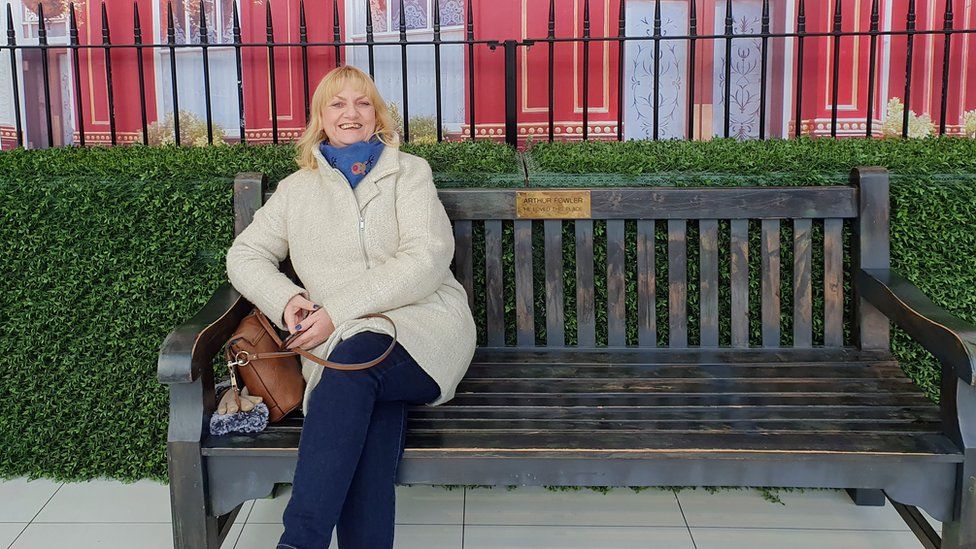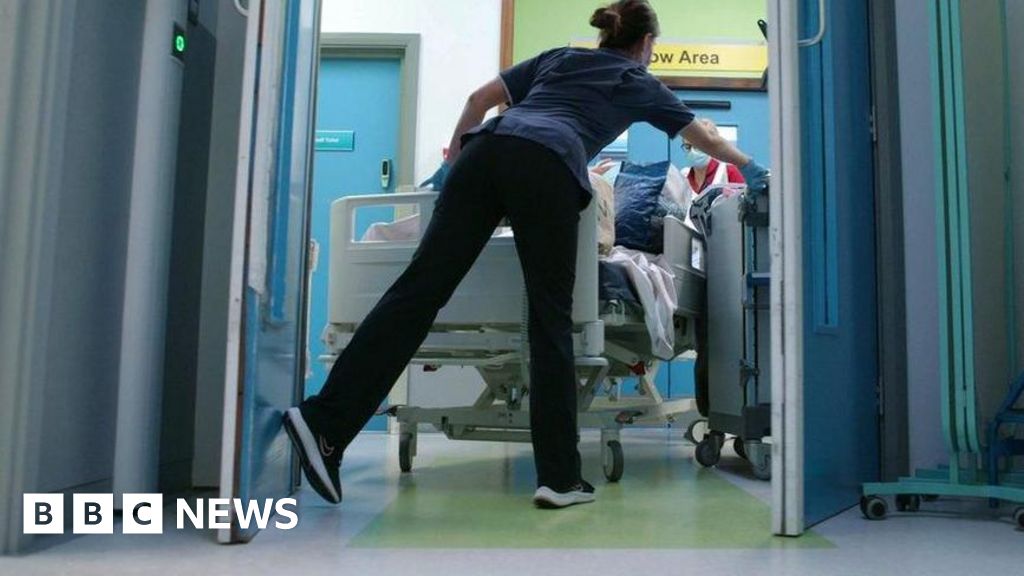ARTICLE AD BOX
 Image source, Lesley-Ann Woodham
Image source, Lesley-Ann Woodham
Lesley-Ann has recently completed the full five-year preventative course of Anastrozole
By Annabel Rackham
Health reporter
Tens of thousands of women in England could benefit from a drug that helps prevent breast cancer.
Anastrozole, used for many years to treat the disease, has now been licensed as a preventative option.
Recent trials show the drug can reduce the incidence of breast cancer by almost 50% in post-menopausal women at increased risk.
An estimated 289,000 women at moderate or high risk of breast cancer could be eligible for the drug.
And if one in four of these come forward, it could help prevent 2,000 cases of breast cancer in England.
It could save the health service £15m in treatment costs, NHS England says.
And any woman worried about breast cancer can contact their GP, who can refer them to a specialist for a full risk assessment taking into account family history.
Anastrozole is off-patent, which means more than one company can make it and it can be distributed fairly cheaply.
First recommended as a preventative option by the National Institute for Health and Care Excellence, in 2017, its use in this way has now been licensed by the Medicines and Healthcare products Regulatory Agency as part of NHS England's medicines-repurposing programme.
Lesley-Ann Woodhams, 61, has just completed a five-year course of one tablet a day.
Taking it was "an easy decision, as I'd watched my mum battle breast cancer", she says.
Image source, Getty Images
Image caption,The preventative treatment means taking one 1mg tablet a day for five years
"I could live a life without constantly worrying or giving a thought to what could be if I'd developed breast cancer," Lesley-Ann says.
"It really was a gift - it gave my family and myself peace of mind and, more importantly, a continued future to look forward to."
Breast cancer is the most common cancer in England, with more than 47,000 people diagnosed each year.
Health Minister Will Quince said he was "delighted" the drug had now been approved to "help prevent this cruel disease".
"We've already seen the positive effect Anastrozole can have in treating the disease when it has been detected in post-menopausal women and now we can use it to stop it developing at all in some women," he added.
Anastrozole works by blocking an enzyme called aromatose to reduce the hormone oestrogen.
Patients suffering from side effects should speak to their doctor or pharmacist - the most common include:
- hot flushes
- feeling weak
- pain or stiffness in the joints
- arthritis
- skin rash
- nausea
- headache
- osteoporosis
- depression

 1 year ago
27
1 year ago
27








 English (US) ·
English (US) ·